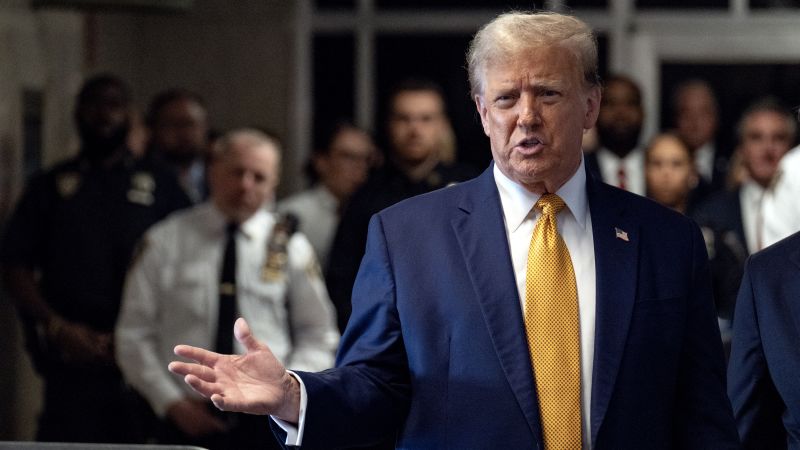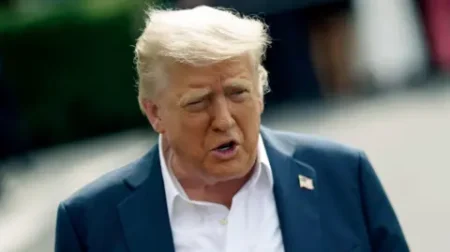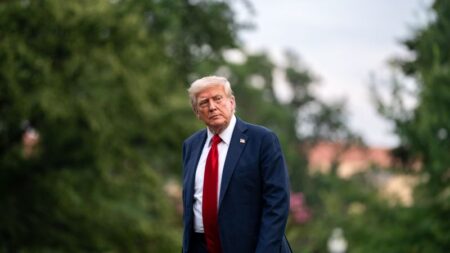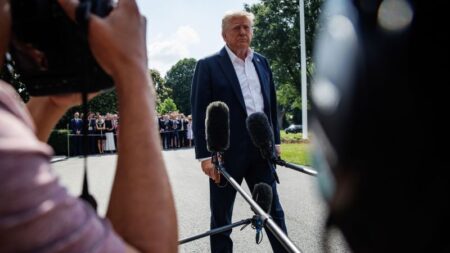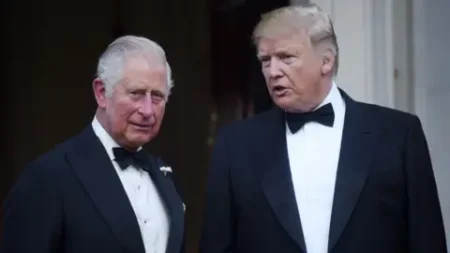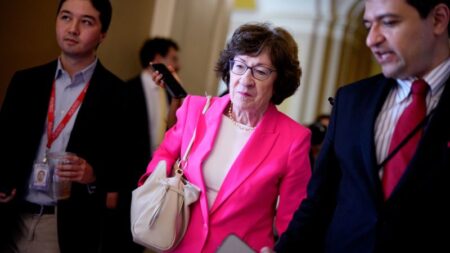In a recent ruling, New York Judge Juan Merchan announced that former President Donald Trump will not be sentenced for his business fraud conviction until September, following the Supreme Court’s decision on presidential immunity. Originally scheduled for July 11, Trump’s sentencing has been delayed to September 18, “if such is still necessary.”
This delay allows Trump to potentially avoid concrete punishment for his felony conviction during the summer, coinciding with a boost in his election bid after President Joe Biden’s debate flop. The Democratic Party is now contemplating whether to replace their nominee amidst the uncertainty surrounding Trump’s legal proceedings.
The Supreme Court’s ruling on presidential immunity has cast doubt on Special Counsel Jack Smith’s indictment of Trump on election subversion charges. A trial before the November election now seems unlikely, affecting other indictments related to classified documents and Georgia election interference.
Trump, who became the first former US president to be convicted of a felony in May, continues to challenge his conviction following the Supreme Court’s decision. His legal team argues that evidence presented during the trial should not have included information on Trump’s official acts as president.
Manhattan District Attorney Alvin Bragg agreed to delay Trump’s sentencing, despite believing his arguments are without merit. The DA requested a deadline of July 24, 2024, for a response to Trump’s challenge to his conviction.
Trump’s attorneys maintain that the jury’s guilty verdict violates the presidential immunity doctrine and poses risks to the Executive Branch. They emphasize that evidence related to Trump’s official acts as president should not have been presented during the trial.
The implications of the Supreme Court’s ruling on presidential immunity continue to impact Trump’s legal challenges. As developments unfold, the uncertainty surrounding Trump’s legal proceedings remains a topic of interest.




